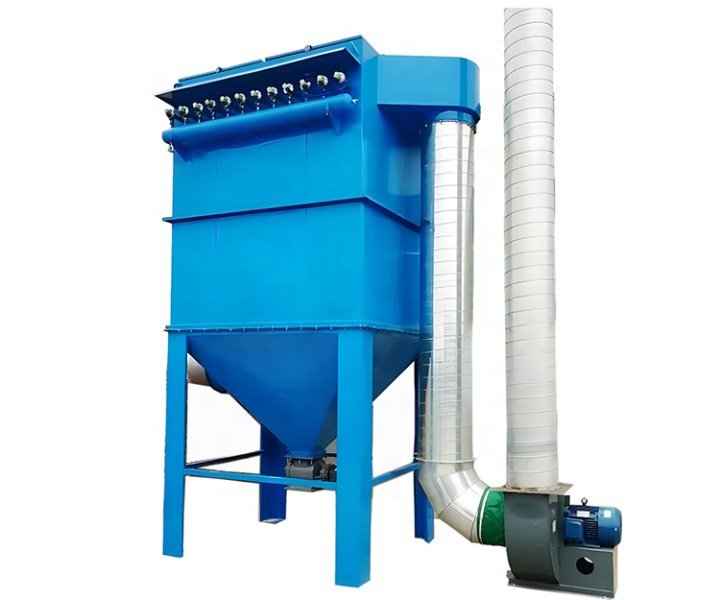Understanding Dust Collectors: A Comprehensive Guide
Introduction to Dust Collectors
Dust collectors are essential systems used in various industrial, commercial, and residential settings to enhance air quality by removing particulate matter from the environment. These systems are crucial for maintaining health and safety standards, protecting equipment, and ensuring clean operation spaces.
Types of Dust Collectors
- Single-stage Dust Collectors: These are simple systems ideal for smaller workspaces and less intense dust collection needs.
- Two-stage Dust Collectors: These systems offer more power and efficiency, suitable for larger industrial environments with more significant dust collection demands.
- Cyclone Dust Collectors: Known for their centrifugal separation technology, they are effective in removing large and medium-sized particles before the air passes through a finer filter.
- Baghouse Collectors: Widely used in industrial applications, these collectors use fabric bags to filter out dust particles.
- HEPA Filters: High-Efficiency Particulate Air filters are used in situations requiring extremely clean air, capable of trapping very fine particles.
How Dust Collectors Work
Dust collectors operate on a basic principle of capturing, conveying, and collecting dust. Air containing dust particles is drawn into the system through ducts and is passed through filters that trap the particulate matter. The clean air is then either recirculated back into the facility or expelled outside, while the collected dust can be disposed of or recycled, depending on its composition.
Benefits of Using Dust Collectors
- Health Benefits: Reduces the risk of respiratory issues and other health problems associated with dust inhalation.
- Compliance: Helps facilities comply with health and safety regulations and standards.
- Equipment Longevity: Protects machinery and electronic systems from dust accumulation, enhancing longevity and performance.
- Productivity: Creates a cleaner work environment, which can boost worker productivity and morale.
- Energy Efficiency: Modern dust collectors are designed to consume less energy, contributing to lower operational costs.
Choosing the Right Dust Collector
When selecting a dust collector, consider the volume of air it needs to handle, the type of dust it needs to collect, and the size of the area it needs to cover. Additionally, factors like maintenance requirements, noise levels, and energy consumption should also be considered.
Real-World Applications
Dust collectors are used in a variety of settings, from woodworking shops and metalworking facilities to chemical processing plants and pharmaceutical laboratories. They are also increasingly found in homes, particularly in spaces like basements and garages where dust can accumulate.
Rohhit Enterprises and Their Role in Dust Collection
Rohhit Enterprises is a recognized provider of dust collection solutions, offering a range of products designed to meet diverse needs. Their offerings include advanced systems that are efficient, durable, and tailored to specific industrial requirements. Rohhit Enterprises also provides expert installation and maintenance services, ensuring that their systems perform optimally and continue to meet regulatory standards.
Frequently Asked Questions (FAQs)
- What is the primary function of a dust collector? The primary function of a dust collector is to improve air quality by removing particulate matter from the environment.
- Can dust collectors be used for all types of dust? Yes, there are different types of dust collectors designed to handle various kinds of dust, including fine, coarse, toxic, and non-toxic dust.
- How often do dust collector filters need to be replaced? The frequency of filter replacement depends on the usage and the type of dust being collected. Regular inspections and maintenance are recommended.
- Are dust collectors noisy? The noise level of a dust collector depends on its design and operation. However, many modern systems are designed to operate quietly.
- Is it expensive to maintain a dust collector? Maintenance costs can vary, but investing in a high-quality dust collector can reduce long-term maintenance expenses.
****


